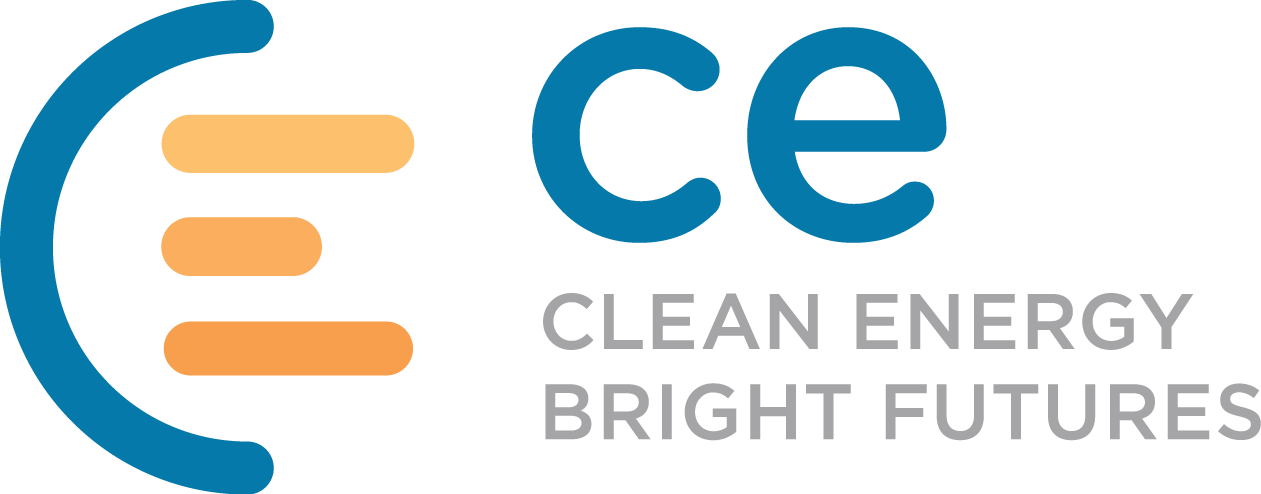Learning Goals
Learning Goals:
- Students will be able to make observations and record data about how quickly a solar module will drive a pump to move water.
Materials List
Handouts
- Solar Student Worksheet, Part 6: Solar Powered Water Pumping Experiment
- Solar Student Worksheet, Part 7: Solar Water Pumping Experiment Data Worksheet
- Solar Student Worksheet, Part 8: Solar Water Pumping Experiment Analysis
Classroom Supplies
- 1 Electrical water pump
- Document camera and projector
- Sunlight or alternative light source (halogen shop lights work)
Group Supplies (3-4 per group)
- 2 Small clear plastic tubs with a cup measurement line marked on both (at one-cup and two-cup measurement points) Fill one plastic tub with water. (recommend small sandwich containers)
- Individual solar module – 1.5 Volt, 500mA
- Small piece of masking tape
- Stop watch
Important Links
Next Generation Science Standards
Next Generation Science Standards
- 4-PS3-2. Make observations to provide evidence that energy can be transferred from place to place by sound, light, heat, and electric currents.
- 4-PS3-4. Apply scientific ideas to design, test and refine a device that converts energy from one form to another.
- 3-5-ETS1-1. Define a simple design problem reflecting a need or a want that includes specified criteria for success and constraints on materials, time, or cost.
- 3-5-ETS1-2. Generate and compare multiple possible solutions to a problem based on how well each is likely to meet the criteria and constraints of the problem.
Featured Image Description
Circle of arrows the top light red arrow reads “Observation” in green. It points at the orange arrow with the text “Question” in blue. Which points to the bottom right yellow arrow which reads “Hypothesis” in purple. This points to the light green arrow with the dark red text “Experiment”, which points up to the light blue arrow with the dark orange text “Analysis”. This arrow points to the light purple arrow in the upper left of the image which has faded green text reading “conclusion”. This arrow points to the original light red “Observation” arrow completing and continuing the circle.

